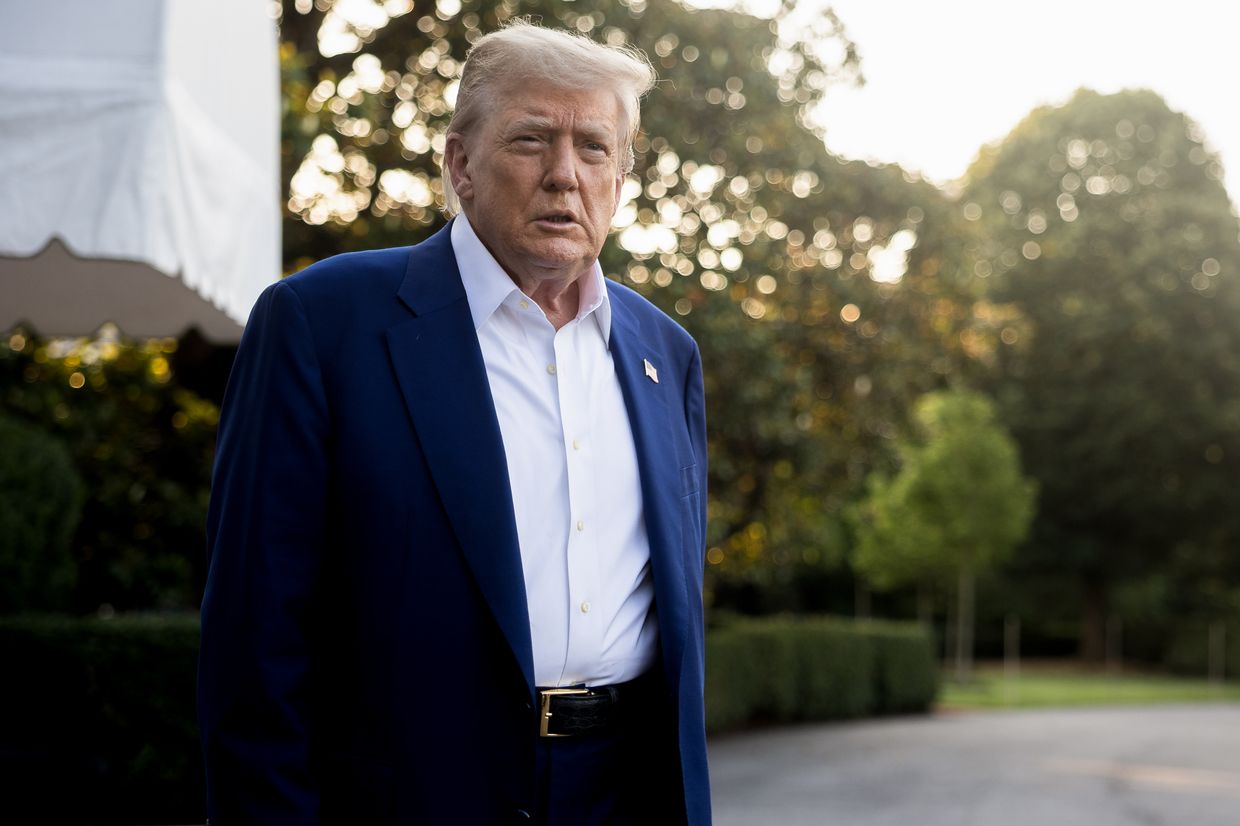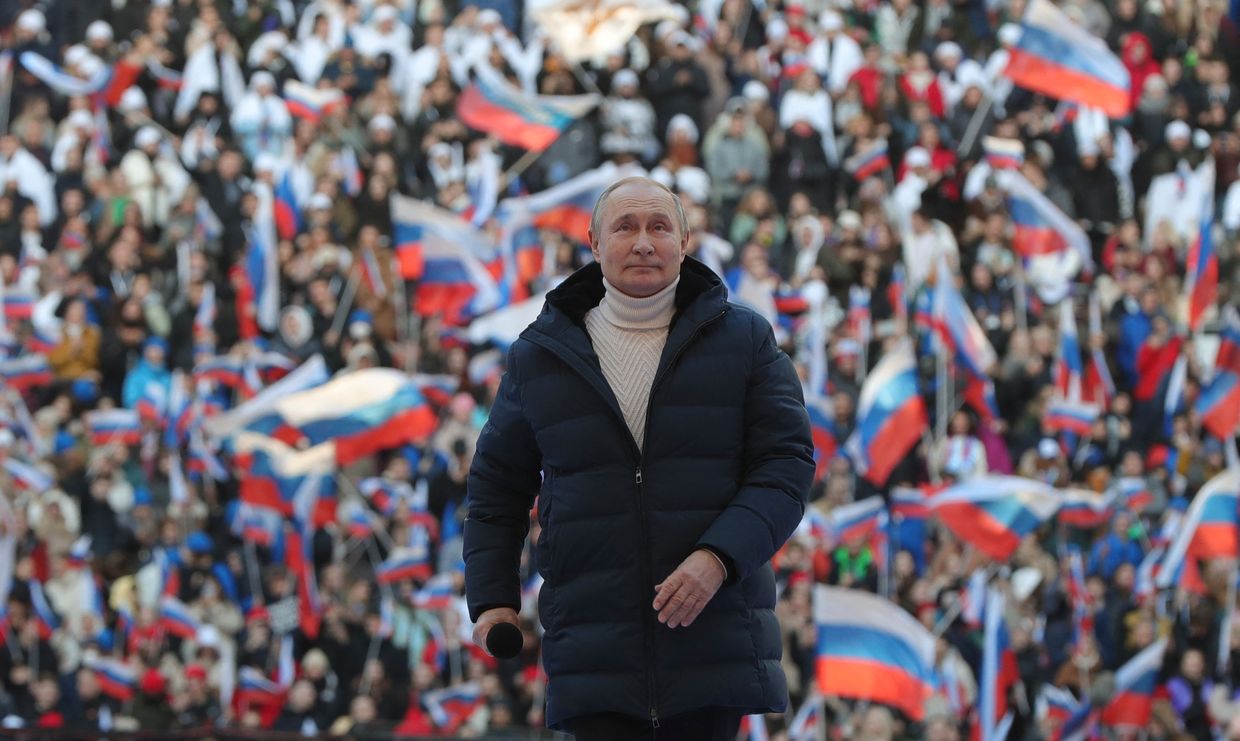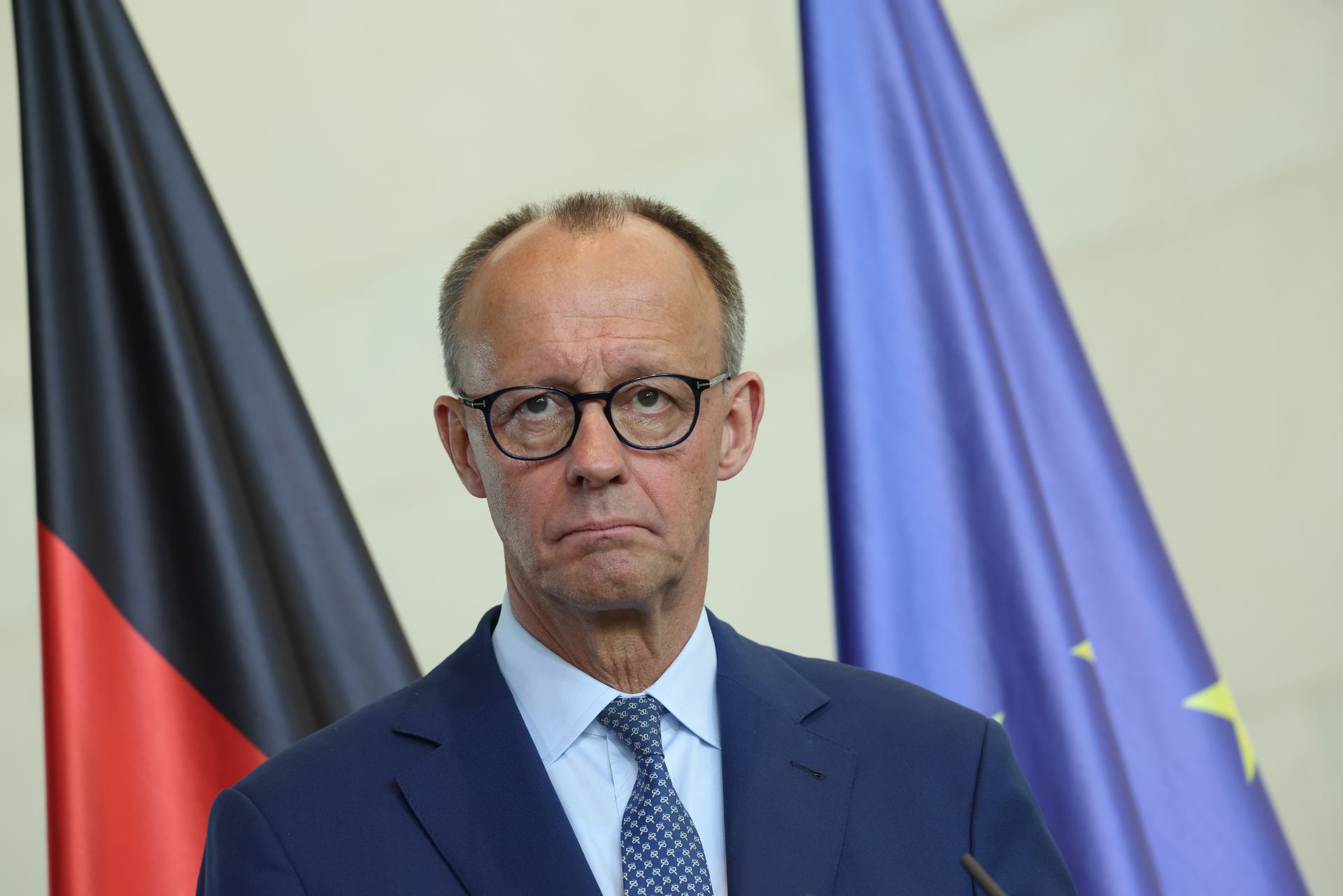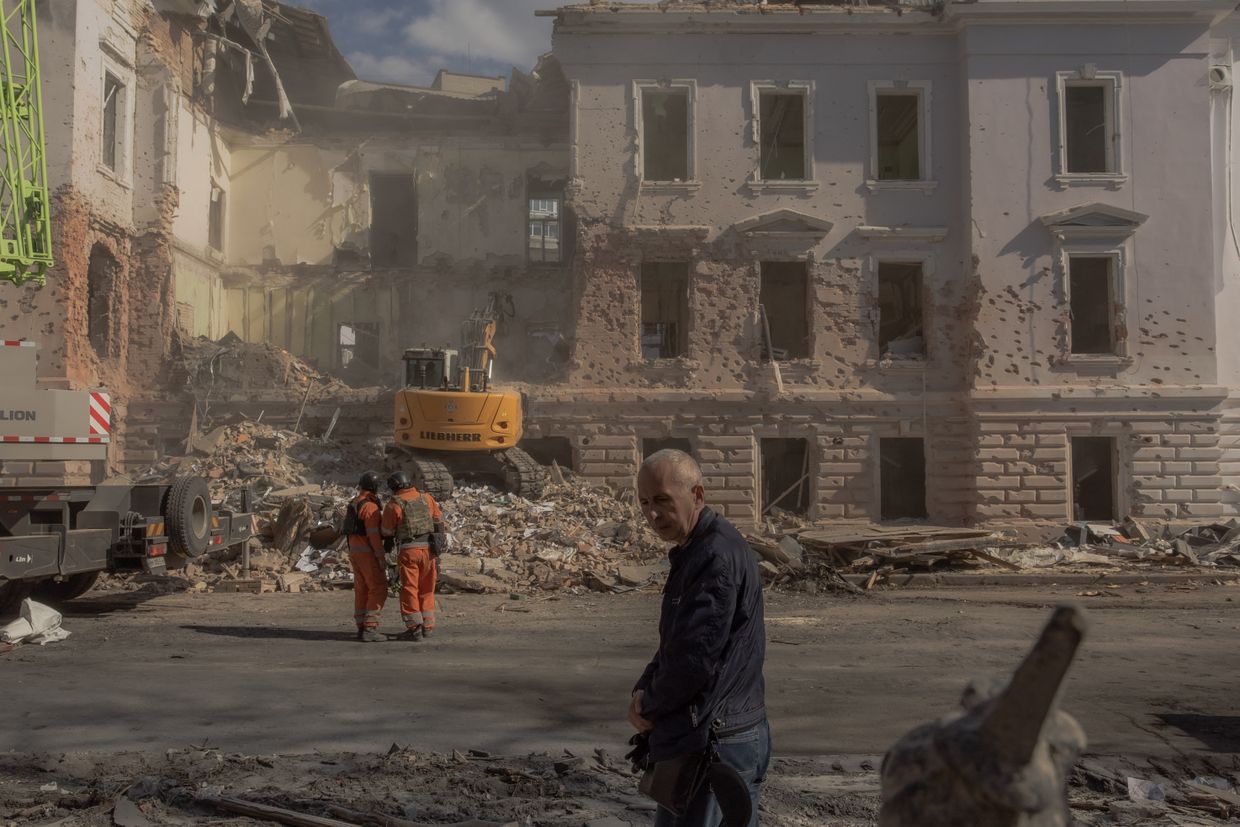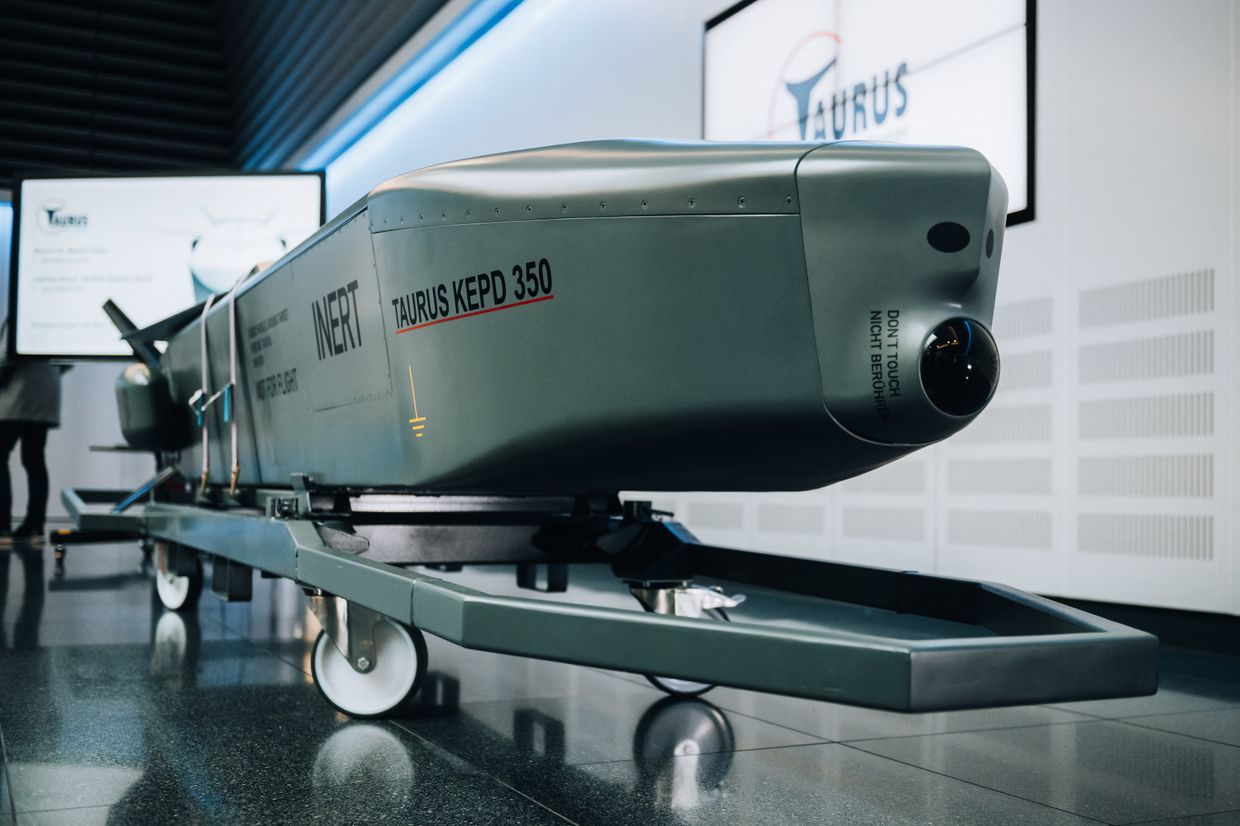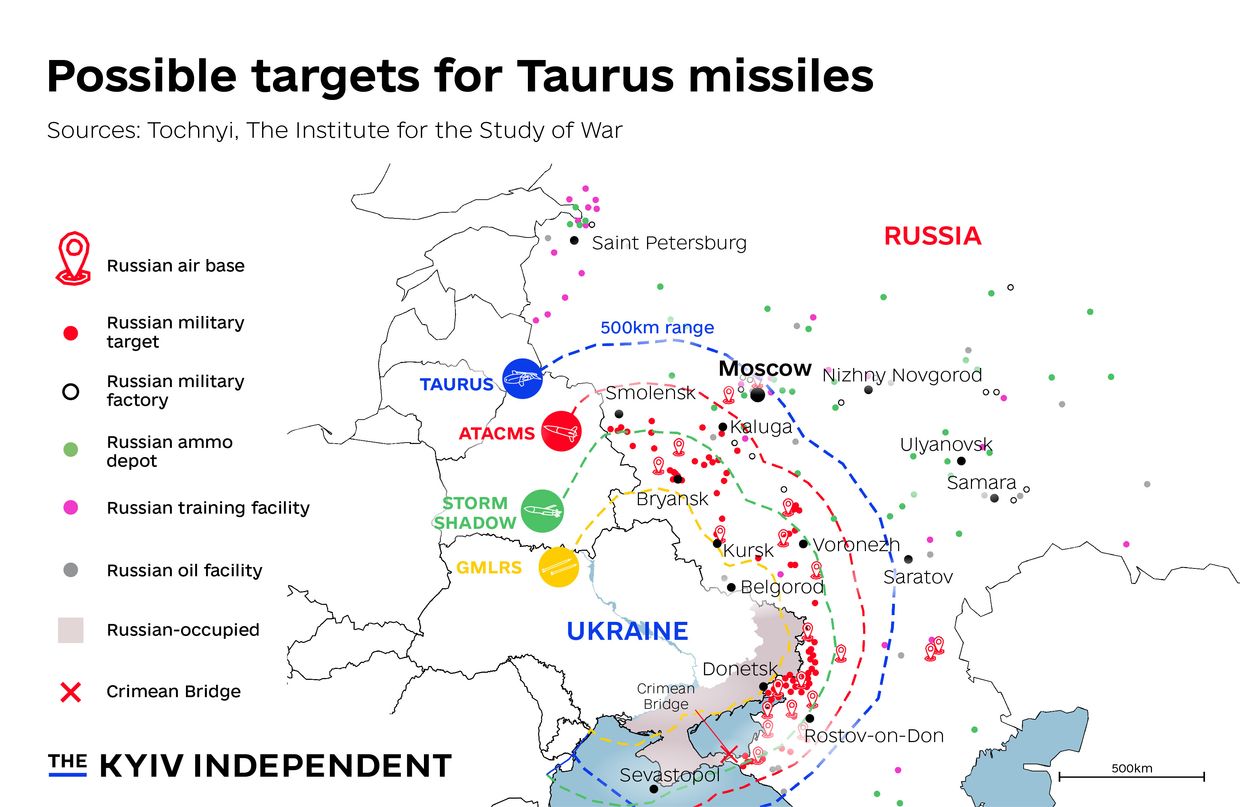Merz: Putin “may be the most serious war criminal of our time”

German Chancellor Friedrich Merz escalated his criticism of Russian President Vladimir Putin, calling him “perhaps the most serious war criminal of our time” in an interview with Sat.1 television, according to ntv.
“He is a war criminal. He is perhaps the most serious war criminal of our time that we are currently seeing on a large scale,” Merz said in the interview. “And we must simply be clear about how to deal with war criminals. There is no place for leniency here.”
The CDU leader’s characterization represents a new level of personal condemnation of the Russian president. While Merz has previously accused Russia as a state of “serious war crimes” and “terrorism against the civilian population” during his tenure as chancellor, his direct personal labeling of Putin as potentially the era’s worst war criminal marks an unprecedented escalation in his rhetoric.
The comments come as international legal proceedings against Putin continue. In March 2023, the International Criminal Court issued an arrest warrant for the Russian president in connection with the illegal deportation of children from Ukraine.
The arrest warrant has complicated diplomatic efforts. Austria’s Foreign Ministry recently stated the country would be willing to host negotiations between Ukrainian and Russian leaders to end the war. Vienna indicated it could conduct consultations with the International Criminal Court to coordinate issues regarding Putin’s arrest warrant and avoid his detention during any potential visit.
Merz’s remarks reflect the ongoing international debate over how to engage with Russian leadership while war crimes proceedings remain active. His insistence that “leniency” has no place in dealing with war criminals signals Germany’s hardening stance toward diplomatic accommodation with Moscow.
The interview represents one of the strongest personal condemnations of Putin by a major European leader since Russia’s invasion of Ukraine began.


